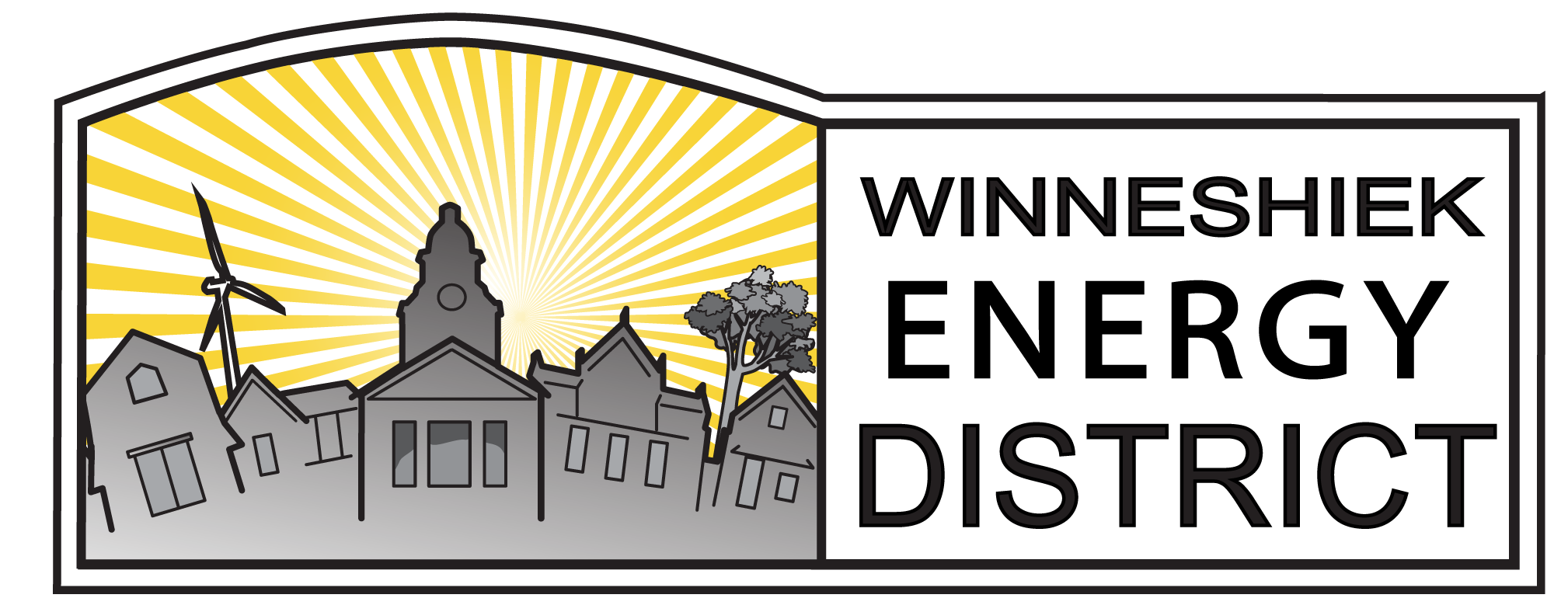Legislature: Redo The Electric Vehicle Triple-Tax Bill
Andy Johnson, Director
Joel Zook, Energy Planner
The Iowa Legislature just passed a bill creating a new triple-tax scenario on electric vehicles (EV) for Iowans, and a bureaucratic nightmare to implement. HF767 fails to address the real challenges involved and creates a burden of triple-taxation and regulatory uncertainty for Iowa households, farms, businesses and institutions.
There is no question that the transition to electric vehicles will require policy adjustment to ensure that EVs – including locals and pass-through truckers – pay their fair share of road infrastructure fees. Currently, a significant portion of the road use tax fund comes from a gasoline tax, and EV owners will need to pay through different mechanisms.
Problem is, the current bill appears more designed to protect out-of-state fossil fuel interests and to slow the EV transition than to create a funding mechanism fair to all Iowans. The triple-taxation approach includes 1) the fact that EV owners already pay much higher registration fees (taxes), 2) a new additional registration fee (tax) for EVs, and 3) a new excise (fuel) tax on electric charging stations of 2.6 cents/kWh.
The triple tax approach phases in over time, but let’s look at an example of the cumulative impact.
We’re guessing more Iowan’s will be driving electric Chevy’s than Tesla’s in the coming years, so let’s compare the Chevy Bolt EV, to the Chevy Cruze. Both are four-passenger commuting and run-around vehicles already in the hands of many cost-conscious Iowans.
According to Chevy’s web site, the Cruze starts at $17,995, and so first-year registration would be about $192 as we understand the current formula. If the owner drives about 10,000 miles, at an average 34 mpg and 31 cent gas tax, they’ll use about 294 gallons of gas and pay about $91 gas tax. Registration and gas tax for year one – about $283.
According to Chevy’s web site, the Bolt starts at $36,620 (through tax incentives currently help), so first-year registration would be about $380 – already a much higher “tax” than the Cruze. The current law adds an extra $130 registration fee (tax) for all EVs. If this owner travels the same 10,000 miles, and about half the electricity comes from home charging and the other half from public charging, they would likely pay about $43 in the new electricity fuel tax.
What’s the financial upshot to these two owners? The annual road use-related taxes on the Cruze total around $283, while the comparable figure for the Bolt owner is around $553. An EV household, driving a similar vehicle with similar miles and similar impact on the roadways would be paying three separate taxes totaling roughly double the annual taxes of a non-electric vehicle. As electric SUVs and pickups come to market, the discrimination will be even worse.
The other upshot will be a bureaucratic and business nightmare. What hotel or bank or college (all real examples here in Decorah) that currently offers EV charging is in a position to collect and remit an excise tax on the charging of their customers or employees (or to require the charge station owner, if a third party, to pay the tax)? This bill could result in the closure of existing public charging options, a freeze on new developments, and tremendous uncertainty in the industry and up and down main street, Iowa.
This may be how Chevron or ExxonMobile define fairness and progress given the threat electric vehicles pose to their businesses, but it sounds awfully un-Iowan to us.
Of course we need to think and plan carefully about how to encourage the EV transition in a manner fair to all … and that jives with the Governor’s own Iowa Energy Plan, which encourages that transition. The easiest approach for passenger vehicles would be to simply require an odometer reading be submitted with annual registration, and adjust the fee accordingly so similar weight vehicles all pay about the same per mile driven.
Meanwhile, an electricity fuel tax could easily enough be implemented for heavy duty and pass-through travel by limiting it to high-voltage, level three charge stations only, and excluding the universe of level two “local-convenience” chargers increasingly found in communities throughout the state. This approach would ensure all pay fairly, avoid double or triple-taxing EV owners, and reduce the bureaucratic burden on charge station owners and the Department of Revenue by orders of magnitude.
The Legislature says it is trying to get out ahead of a serious issue, but they’ve created burdensome regulation and unworkable taxation in response to problem that does not yet exist at significant scale. We can do better policy, in a bipartisan manner, that supports our critical road infrastructure, and helps Iowans keep precious energy dollars in local pocketbooks and balance sheets.
HF767 may be cheered by the oil companies, but it fails Iowans. The Legislature should have another go next year.
Joel Zook is Lead Energy Planner with Winneshiek Energy District, in Decorah, and commutes in a Chevy Volt.
Andy Johnson is Executive Director of Winneshiek Energy District and does the farm chores in a Polaris Ranger EV.
The Energy District will host its second annual Electric Vehicle Fest(EV)al in Decorah on June 8th.
###
